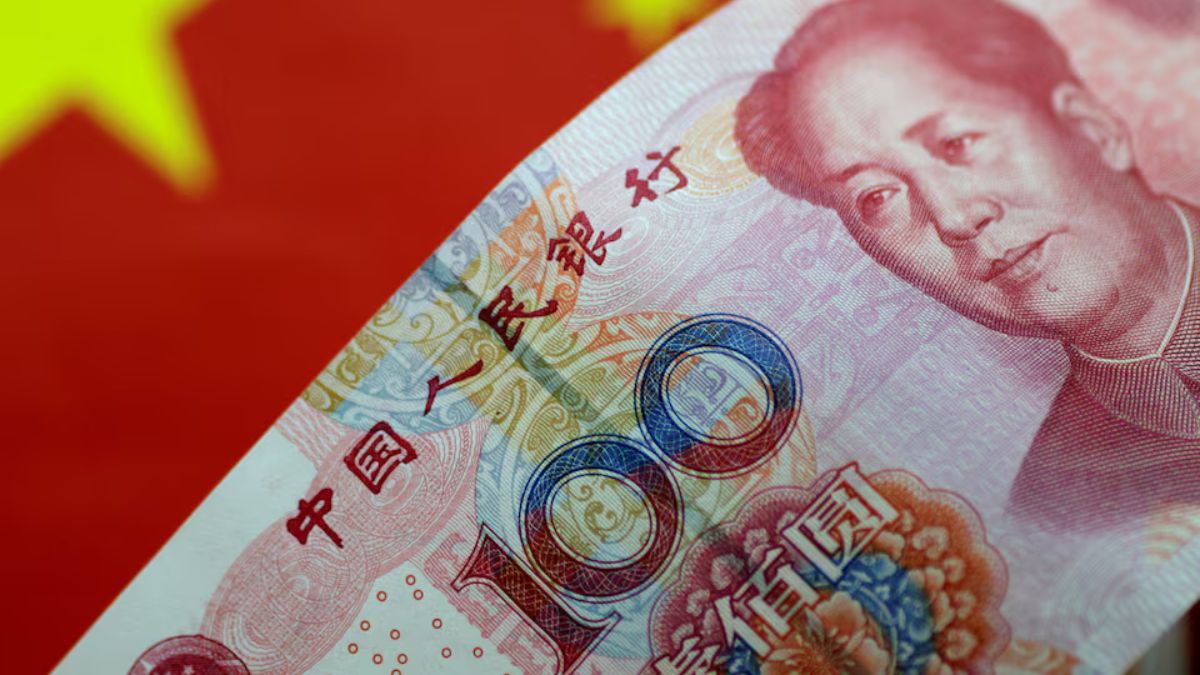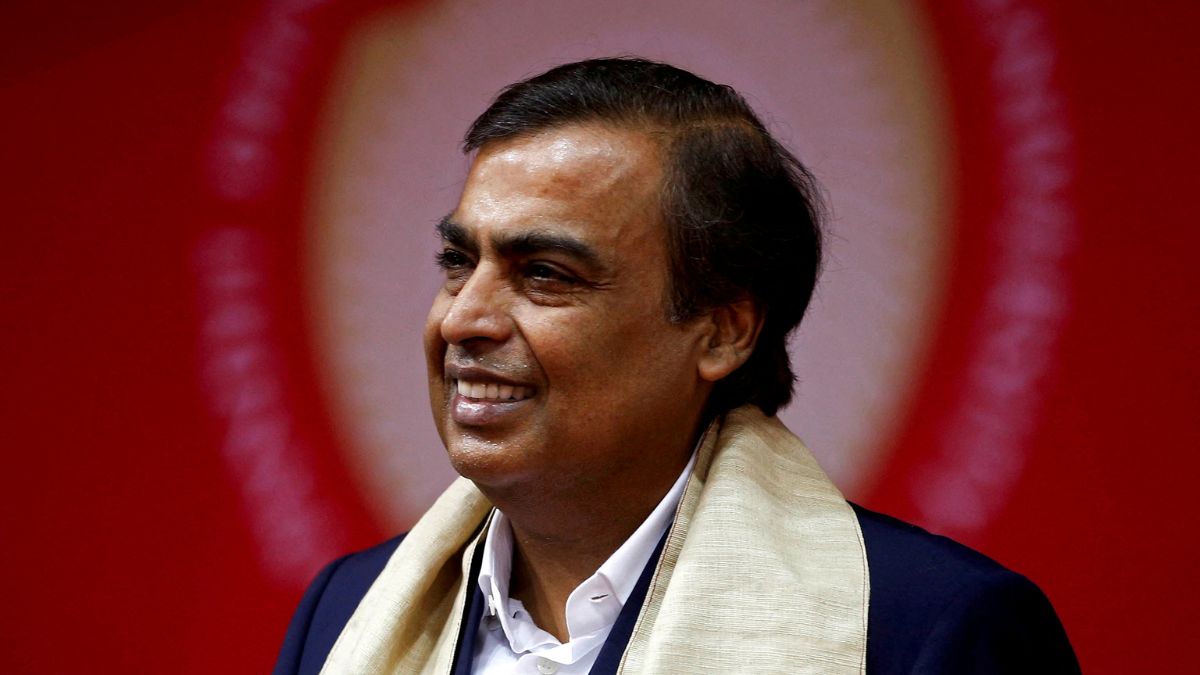When exporters hoard dollars, they reduce the amount of foreign currency being converted into yuan. This reduced demand for yuan puts downward pressure on the currency’s value. The widespread hoarding of dollars undermines the Chinese government’s efforts to stabilise the yuan and manage the economy read more
)
Chinese exporters have increasingly opted to keep their earnings in dollars rather than converting them into yuan. Reuters
In recent years, Chinese exporters have increasingly opted to keep their earnings in dollars rather than converting them into yuan. This is the yuan carry-trade.
Now, the practice might be coming back to bite China.
Here’s an in-depth look into why this might be the case.
Why are Chinese exporters hoarding dollars?
The reason is simple: US interest rates have risen sharply, making dollar-denominated assets far more attractive than low-yielding yuan deposits.
By holding onto dollars, exporters can earn much higher returns—sometimes as much as 5 per cent annually—compared to the negligible interest rates offered in China.
This trend of yuan carry trade has led to a significant buildup of dollar reserves among Chinese exporters, which, on the surface, may seem like a smart financial move.
However, this behaviour is contributing to a growing problem for China’s economy.
What’s the problem?
Macquarie estimated Chinese exporters and multinational companies have accumulated foreign currency holdings of more than $500 billion since 2022.
When exporters hoard dollars, they reduce the amount of foreign currency being converted into yuan. This reduced demand for yuan puts downward pressure on the currency’s value. As the yuan weakens, it becomes more expensive for China to import goods and services, which can drive up prices domestically—leading to inflation.
Moreover, a weaker yuan can create a vicious cycle. If the yuan continues to depreciate, it could trigger capital flight, where both domestic and foreign investors pull their money out of China, further weakening the currency. This scenario could lead to a loss of confidence in the Chinese economy, making it harder for the government to manage growth and maintain financial stability.
Why does this matter for Chinese economy?
The Chinese government has been trying to stabilise the yuan and manage the economy carefully amid slowing growth and other challenges. But the widespread hoarding of dollars by exporters undermines these efforts. It limits the central bank’s ability to control the currency’s value, making it harder to keep inflation in check and maintain economic stability.
If this trend continues, China could face a situation where its currency is under sustained pressure, leading to higher costs for businesses and consumers alike. This could slow down economic growth even further, at a time when the country is already grappling with other significant challenges, such as a struggling real estate market and high levels of debt.
Could Chinese yuan carry trade unwind like the yen?
The Bank of Japan (BoJ) had maintained ultra-low interest rates for a long time, making the yen a popular funding currency for carry trades, where investors borrowed in yen to invest in higher-yielding assets abroad. However, as Japan’s economy showed signs of inflationary pressures and economic recovery, the BoJ began signaling a potential end to its ultra-loose monetary policy, including raising interest rates or adjusting its yield curve control policy. The prospect of higher interest rates made borrowing in yen less attractive.
That was the unwinding of the hugely popular yen carry trade. This sent the yuan higher and raised questions about the viability of yuan carry trades.
UBS said short positions in the offshore yuan have decreased given the currency’s correlation to the yen. Onshore carry trades could unwind if and when Chinese yields rise and dollar-yuan interest rates converge.
“The yuan carry trade will unwind once China’s domestic demand turns around,” said Macquarie’s chief China economist Larry Hu. “It then depends on when policy stimulus could become decisive enough.”
With inputs from Reuters

 1 month ago
13
1 month ago
13
)
)
)
)
)
)
)
)
)
)
)
)
)
)
)
)
)
)
)
)
)
)
)
 English (US) ·
English (US) ·